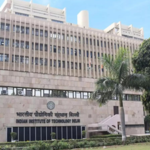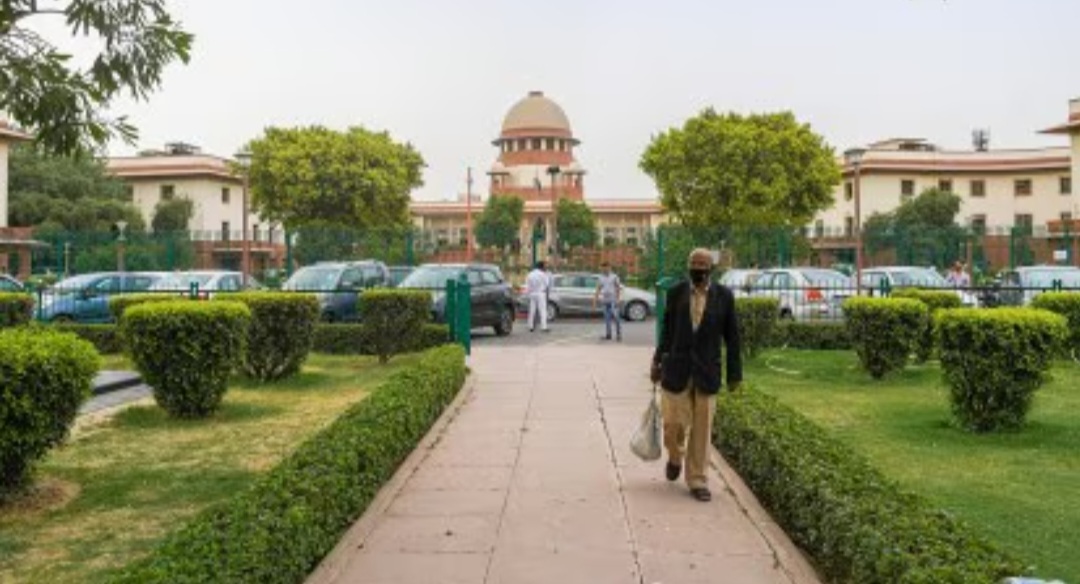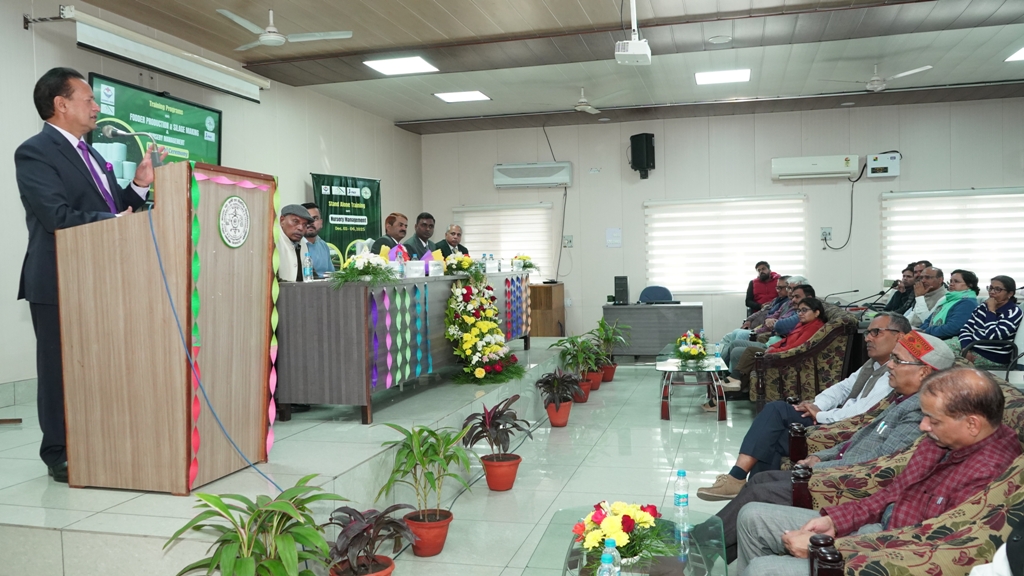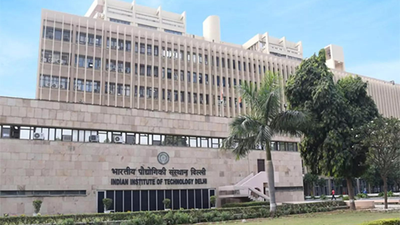Himalaya Harbinger, Rudrapur Bureau
The case that pertained to whether a ‘royalty’ was a tax also dealt with if a state could levy a tax on the mining of minerals or if its power is limited under Section 9 of the Mines and Minerals (Development and Regulation) Act.
The nine-judge Bench of the Supreme Court Thursday, while stating that its 1989 Constitution Bench verdict was “incorrect”, held that royalties payable on minerals is not a tax.

The top court, in majority 8:1 verdict, also held that Parliament does not have the power to tax mineral rights under provisions of the Constitution. Leading the Bench, Chief Justice of India D Y Chandrachud said that Justice B V Nagarathna had delivered the dissenting verdict.
The Bench was hearing the hugely contentious issue of whether the royalty payable on minerals is a tax under the Mines and Minerals (Development and Regulation) Act, 1957, and if only the Centre is vested with the power to levy such exaction or states also have the authority to impose levies on mineral bearing land in their territory.
Delivering the judgment, the Supreme Court noted that the 1989 verdict of its seven-judge Constitution Bench, which held that royalty on minerals is a tax, was incorrect. CJI Chandrachud, who read out the verdict, held that Parliament does not have the power to tax mineral rights under Entry 50 of the List II of the Constitution.
Besides the CJI and Justice Nagarathna, the other members of the bench are justices Hrishikesh Roy, Abhay S Oka, JB Pardiwala, Manoj Misra, Ujjal Bhuyan, Satish Chandra Sharma and Augustine George Masih.
In 1989, a seven-judge Bench had held that the Centre has primary authority over “regulation of mines and mineral development” in accordance with laws enacted by Parliament, such as the MMDRA, under Entry 54 of the Union List (List I). States only have the power to collect royalties under the MMDRA and cannot impose any further taxes on mining and mineral development.
The court had further said: “We are of the opinion that royalty is a tax, and as such a cess on royalty being a tax on royalty, is beyond the competence of the State Legislature because s. 9 of the Central Act covers the field”.









